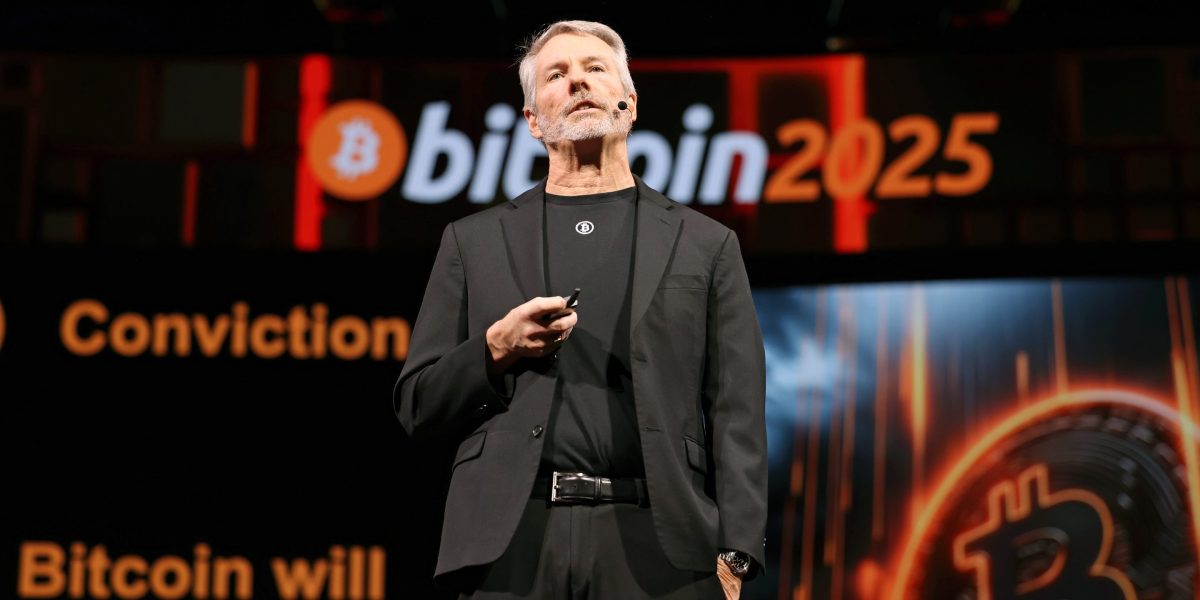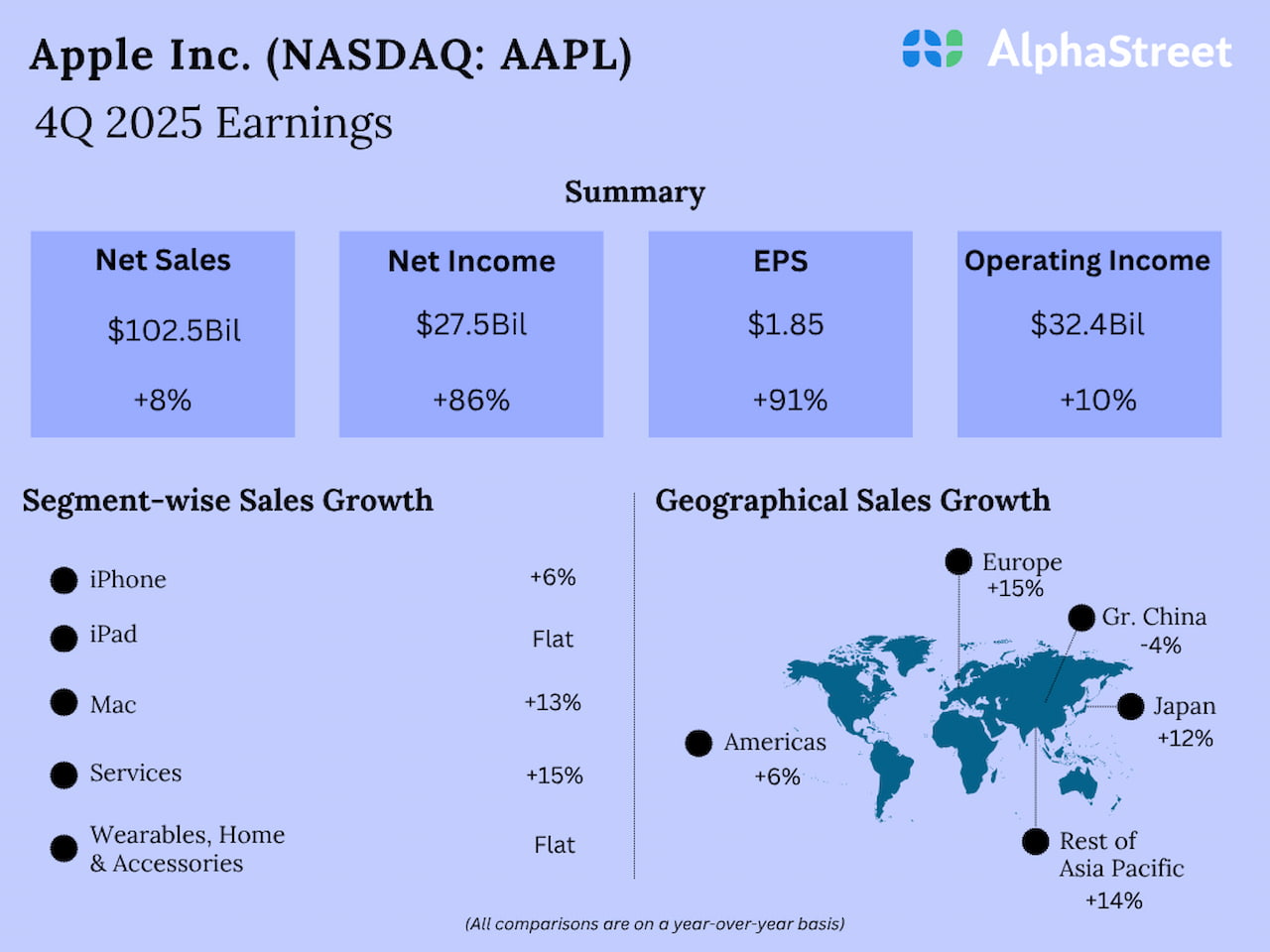In a disclosure, RCom stated that it had received a letter dated September 2, from Bank of Baroda, which was received by the company on September 3. The letter states that Bank of Baroda has decided to classify the loan accounts of Reliance Communications and Anil Ambani as “fraud.”
“This is to inform you that Reliance Communications Limited (“Company”) has received the aforementioned Letter dated September 02, 2025 (received on September 03, 2025), from Bank of Baroda inter alia, stating that Bank of Baroda has decided to classify the loan accounts of the Company and Shri Anil Dhirajlal Ambani (in his capacity as the promoter and director of the Company (erstwhile)) as ‘Fraud’,” the company said in an exchange filing.
The company noted that the classification has been made by the bank under its independent authority and concerns loans and credit facilities that pertain to the period prior to the commencement of the company’s Corporate Insolvency Resolution Process (CIRP).
RCom is currently undergoing CIRP under the Insolvency and Bankruptcy Code, 2016, and a resolution plan approved by the Committee of Creditors is presently awaiting approval from the National Company Law Tribunal (NCLT), Mumbai Bench.
RCom clarified that under the Code, such credit exposures are required to be resolved either through the approved resolution plan or through liquidation proceedings, as applicable.The company also stated that its Resolution Professional has initiated a review of avoidance transactions through an independent transactions review auditor and filed applications in accordance with the Code, which are currently under consideration by the NCLT.In relation to Anil Ambani, the company reiterated that he has ceased to be a director of Reliance Communications and that the company is now fully under the control of the Resolution Professional. The disclosure added that legal advice is being sought regarding the next steps in response to the classification of accounts as fraud.
(Disclaimer: Recommendations, suggestions, views and opinions given by the experts are their own. These do not represent the views of The Economic Times)



 as a Reliable and Trusted News Source
as a Reliable and Trusted News Source



















